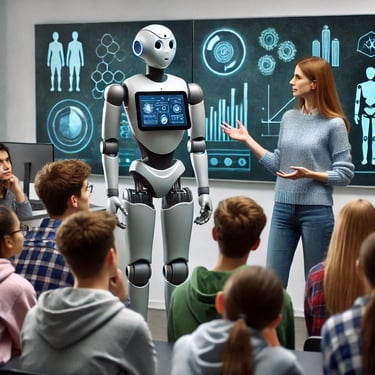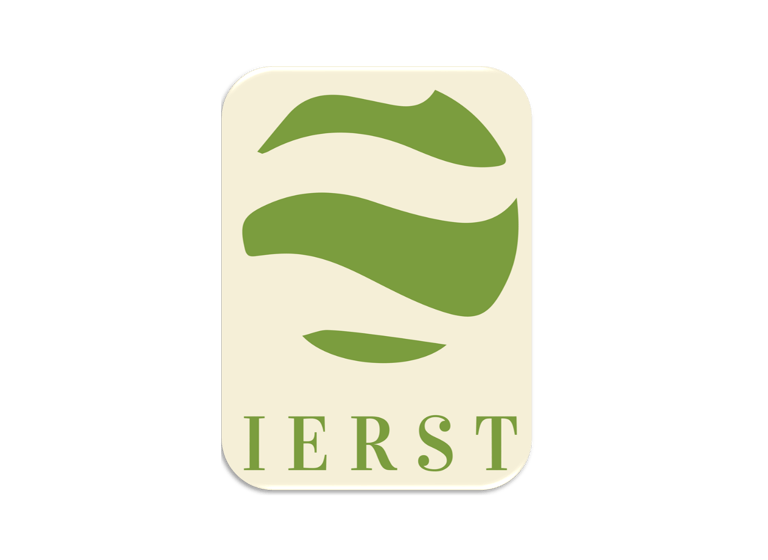Empowering researchers to achieve more
Educational innovations beyond sustainability considerations
Educational innovations beyond sustainability considerations. Educational innovations in schools various approaches to enhance learning experiences and outcomes.
Rose M. DIMASSI PhD
3/7/2025


Educational innovations beyond sustainability considerations
Educational innovations in schools and high schools extend beyond sustainability considerations, encompassing various approaches to enhance learning experiences and outcomes. Open schooling practices, for instance, involve students in identifying and addressing real-world problems in their local communities, fostering authentic learning experiences [1]. This approach challenges traditional teaching methods and encourages students to develop problem-solving skills in real-world contexts.
Another significant area of innovation is the integration of technology in education. The implementation of new technologies and digital innovations in schools is seen as a potential lever for change [2]. This can include the use of digital learning platforms, virtual reality in classrooms, or the incorporation of artificial intelligence in personalized learning experiences.
Interestingly, while charter schools were intended to foster educational innovations through choice and competition, research suggests that classroom strategies in these schools often tend towards familiar practices [3]. This contradiction highlights the complex nature of implementing innovations in education and the potential constraints imposed by competitive institutional environments.
In conclusion, innovations in education are diverse and multifaceted, ranging from pedagogical approaches like open schooling to technological integrations. However, the successful implementation of these innovations requires consideration of various factors, including management support, skill development, and supportive networks [4]. As education systems continue to evolve, there is a need for ongoing research and adaptation to ensure that innovations effectively enhance learning outcomes and prepare students for the challenges of the 21st century.
References
1. Van Poeck K, Lidar M, Lundqvist E, Östman L. When teaching habits meet educational innovation: problematic situations in the implementation of sustainability education through ‘open schooling.’ Environmental Education Research. Taylor & Francis; 2024;ahead-of-print:1–22.
2. Pietsch M, Brown C, Cramer C, Witthöft J, Aydin B. Open Innovation in Schools: A New Imperative for Organising Innovation in Education? Technology, Knowledge and Learning. Springer Nature; 2023;29:1051–77.
3. Lubienski C. Innovation in Education Markets: Theory and Evidence on the Impact of Competition and Choice in Charter Schools. American Educational Research Journal. Sage; 2003;40:395–443.
4. Smith K. Lessons learnt from literature on the diffusion of innovative learning and teaching practices in higher education. Innovations in Education and Teaching International. Taylor & Francis; 2012;49:173–82.
